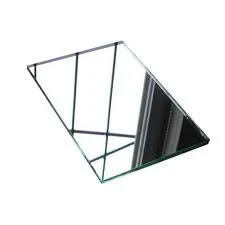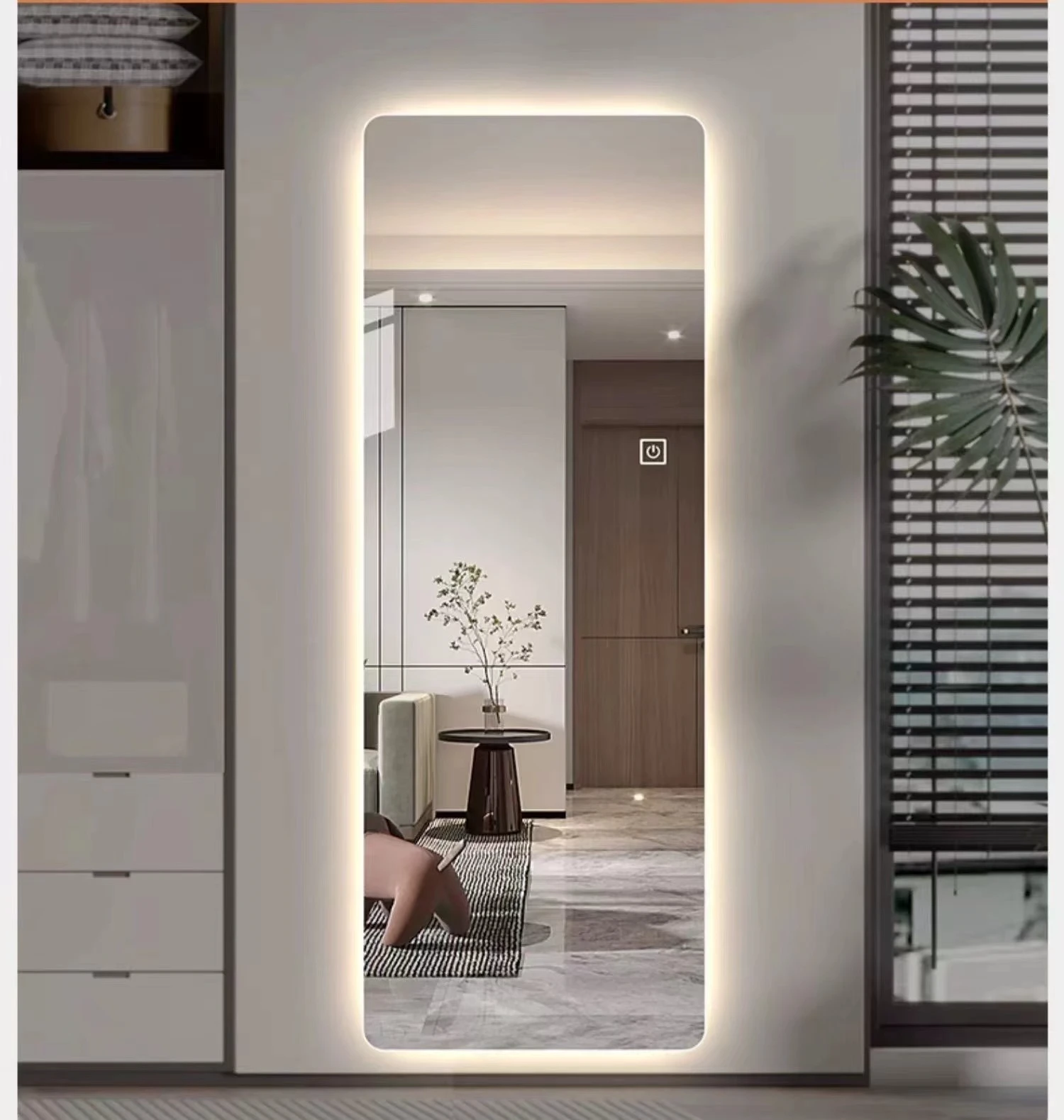Float glass serves as a fundamental element in various industries, valued for its durability, clarity, and versatility. Its role transcends beyond the conventional notion of glass used just for windows, finding applications in fields ranging from architecture to advanced technology.

Architects and builders frequently select float glass for designing modern structures. Its smooth and uniform surface, which provides an unobstructed view and enhances natural lighting, is integral to constructing contemporary buildings. From towering skyscrapers to residential homes, float glass supports sleek design aesthetics and meets practical needs such as energy efficiency. With the advent of technology, modifications in float glass like low-emissivity coating help control heat transfer, making buildings more sustainable and reducing energy costs.
In the automotive industry, float glass plays a crucial part in manufacturing vehicle windows and windshields. Its strength and ability to be coated with various substances ensure the safety and comfort of passengers. Automotive float glass is often laminated or tempered, enhancing impact resistance and minimizing danger from shattered glass in case of accidents. This makes it an indispensable choice for manufacturers who prioritize passenger safety without compromising on clarity or aesthetic appeal.

Float glass is also pivotal in the production of mirrors. Through a process that involves coating one side with a reflective metallic layer, usually of silver or aluminum, float glass transforms into a mirror that finds utility in daily life as well as in specialized fields like interior design and optics. The uniform thickness of float glass ensures a flawless reflective quality essential in crafting high-precision mirrors.
what is float glass used for
In technological applications, float glass acts as a substrate in the development of various electronic devices. It is integral in the production of display panels for televisions, computer monitors, and smartphones. The glass provides a sturdy and flat surface necessary for the smooth functioning of touch-sensitive screens. Furthermore, its compatibility with various coatings allows for anti-glare and anti-reflective properties, enhancing the user experience in digital devices.
The solar energy sector also relies heavily on float glass, employing it as a protective cover over photovoltaic cells in solar panels. Its ability to transmit light efficiently while protecting the delicate solar cells beneath is critical for maximizing energy conversion. This use not only underscores float glass's robustness but also its contribution to sustainable energy solutions.
Manufacturers often enhance float glass with additional treatments to cater to specific needs. For example, it can be toughened to increase thermal resistance or laminated to improve security measures, such as in bank teller windows or jewelry store displays.
The widespread application of float glass highlights its adaptability and crucial role in modern advancements. Industries worldwide recognize its unmatched properties, continually innovating to push the boundaries of durability, safety, and efficiency. The global landscape of technology and architecture owes much to the advancements in float glass production, a testament to its value and indispensability in contemporary applications.



